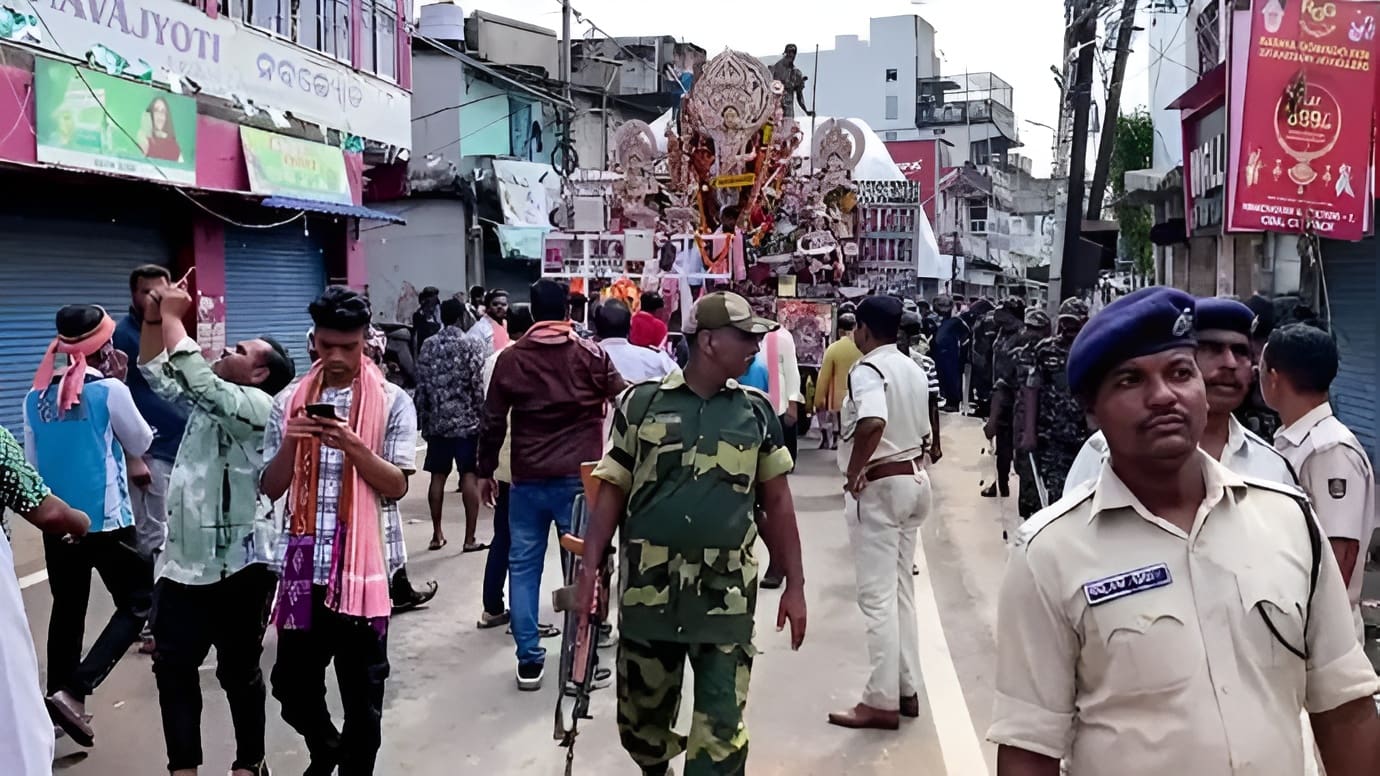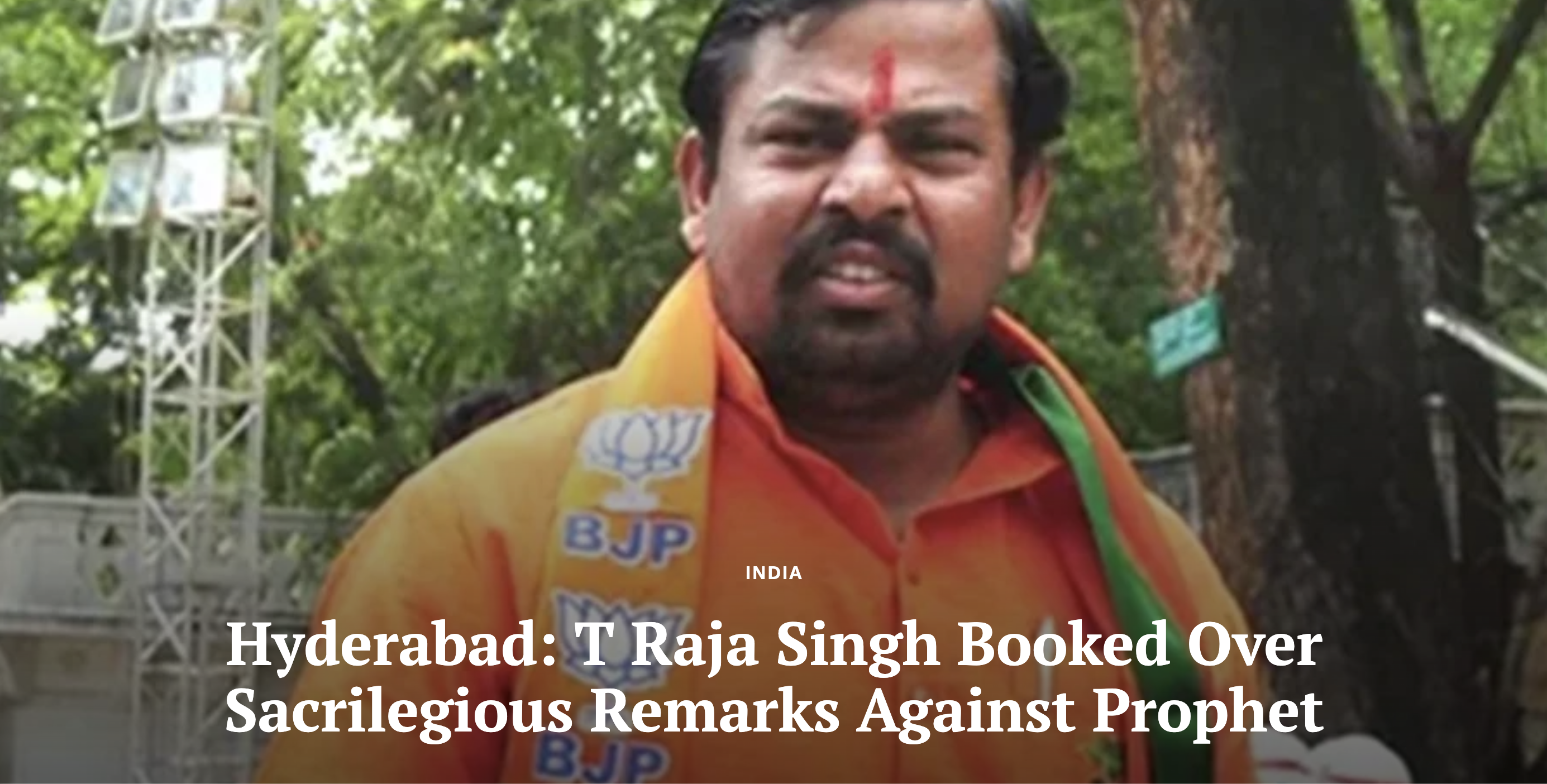
Hindus for Human Rights was founded in the US in the wake of Indian Prime Minister Narendra Modi’s second-term win in the summer of 2019. Those of us who cared about human rights and secular democracy were despondent. How was it possible that after five years of Hindu nationalist rule, bookended by several mob lynchings of Muslims and Dalits and the Islamophobic Citizenship Amendment Act, Modi could have won with a bigger mandate than in 2014?
Five years later, Indians course-corrected. On the morning of 4 June, I woke up to the news of change, hope, and the promise of justice, liberty, equality, and fraternity. The BJP still won the most votes compared to other parties, but it wasn’t the landslide majority that they were banking on.
Over the last few months, Modi spouted hateful rhetoric about Muslims, calling them infiltrators and jihadis with too many children. He accused the Congress of stealing wealth from Hindus to give to Muslims. Politicians in the Opposition were thrown in jail. Many left the electoral race out of fear because their families were threatened. The Congress had its bank accounts frozen and other parties also faced threats from the Income Tax department.
Despite the BJP’s best efforts, the Indian people have voted for democracy and the human rights of all citizens. If the elections had been truly fair, perhaps the BJP would have been roundly trounced. “We The People” are awake, and the Indian democracy envisioned by its founders, MK Gandhi, Jawaharlal Nehru, BR Ambedkar, and so many others, is alive and kicking.
The sweetest news was that the BJP lost Ayodhya, the site of the demolition of the Babri Masjid by Hindutva mobs in 1992, and the inauguration of a Ram temple by Modi on 22 January this year. Hindu voters have told us that their Lord Ram is Gandhi’s Ram. Switching Gods like designer outfits, Modi’s election result day speech replaced his usual “Jai Shri Ram” chant with “Jai Jagannath”.
This story was originally published in theprint.in. Read the full story here.






